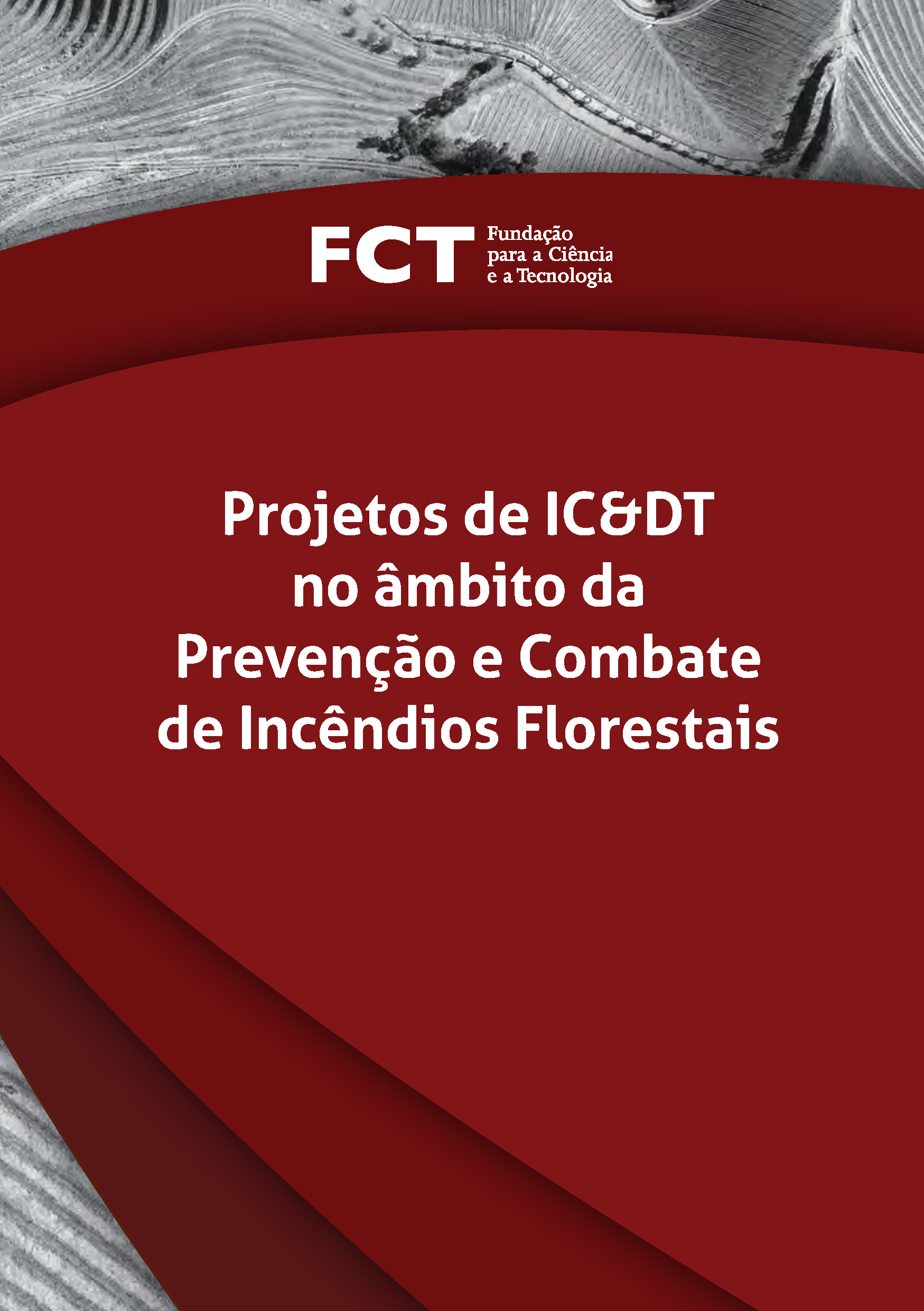Update of the brochure of the IC&DT Projects in the area of Forest Fires

FCT has updated the brochure on Calls of IC&DT Projects in the scope of Forest Fire Prevention and Fighting, which is available online for consultation.
A first version of this brochure, which reflected the IC&DT projects selected from the 2017 and 2018 editions, had been presented in November 2019 at the meeting "Rural Fires: Better management based on scientific evidence", organized by FCT, ForestWISE - Collaborative Laboratory for Integrated Forest and Fire Management and the Agency for the Integrated Management of Rural Fires (AGIF). This new version of the brochure includes the 19 projects selected in the 2019Call , the last under this program, and is now complete with all 56 projects selected in the three editions.
The creation of the R&D Program for the prevention and combat of forest fires came from a Council of Ministers Resolution No. 159/2017, of October 30, after the fires that occurred in 2017. This program aimed to reinforce the development of R&D activities to encourage and strengthen scientific and technological skills and capabilities, as well as ensure the appropriation and incorporation of scientific knowledge in decision support in operational systems and facilitate the production of new knowledge oriented to solving concrete and real problems.
The program had an allocation of 15 million euros, which were distributed by the three Calls carried out for the selection of IC&DT projects in the scope of Forest Fire Prevention and Fighting, which resulted in the approval of 56 projects oriented towards the prevention and fighting of forest fires, considering the following themes and areas:
- Forest resource governance, including fuels management in rural areas, fire risk integration and communication mechanisms as well as consideration of attitudes and behaviors;
- Valorization of biomass in rural areas, as a factor to boost the local economy and the participation of the population;
- Organization and management models for forest areas in the areas of protection, conservation, silvopastoralism, recreation, leisure and production, integrating the territorial, social and economic components;
- Planning models and preventive forestry and restoration and post-fire management, at different temporal and spatial scales.